Last Friday, US President Joe Biden announced a pause on all pending export permits for liquified natural gas (LNG).
The announcement was celebrated by climate activists and environmental scientists who argue that producing and exporting natural gas has devastating climate impacts. It was criticised by gas associations and companies with large investments linked to the gas projects now on hold.
“This pause on new LNG approvals sees the climate crisis for what it is: the existential threat of our time,” Biden said in an official statement.
What does it mean for Germany?
The US has quietly become the world’s leading exporter of natural gas in recent years, and since Germany no longer receives pipeline gas from Russia, the US has become its top provider. Europe got about half of its LNG imports from the US last year.
But whether Biden’s decision should be seen as concerning or as an example of good climate policy is up for debate among German leaders.
Wolfgang Steiger, Secretary General of the CDU Economic Council, told Handelsblatt: “The US government’s decision against additional exports of LNG gas to Europe is causing uncertainty on the markets and will tend to cause energy prices to rise.”
READ ALSO: Germany eyes new LNG terminals as alternative to Russian gas
On the other hand, according to reports in Tagesspiegel, the mayor of Binz, Karsten Schneider, wrote a letter to Chancellor Olaf Scholz encouraging him to follow Biden’s lead and investigate the climate impacts of constructing further LNG import terminals in Germany.
The letter was also signed by representatives from German Environmental Aid, the BUND, NABU, WWF, the Munich Environmental Institute and the German Nature Conservation Association.
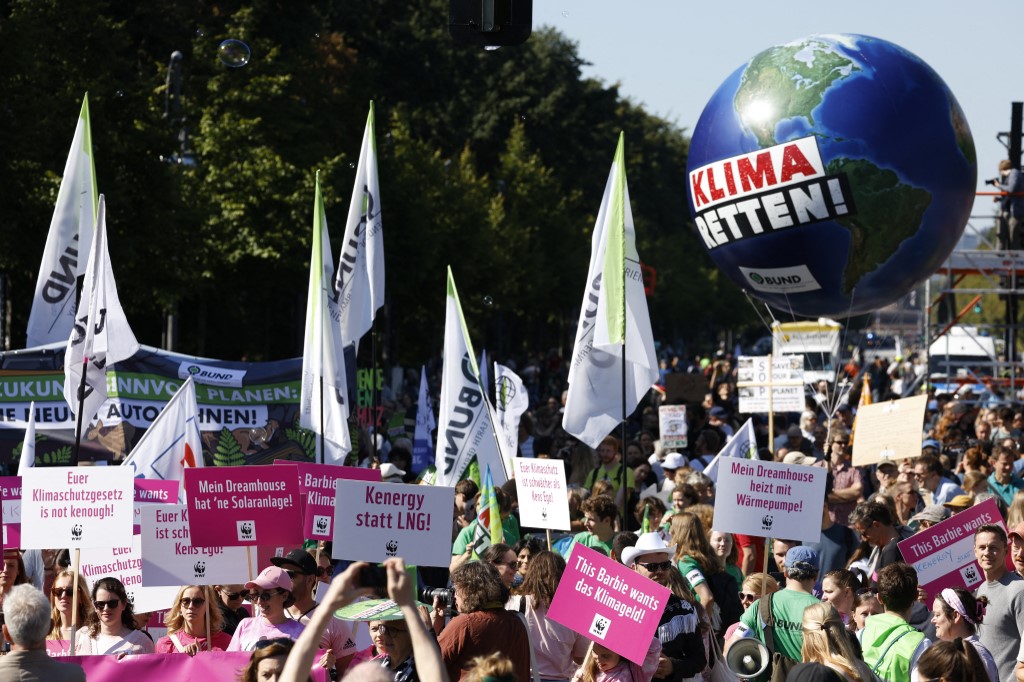
How much gas is really needed?
Crucially, the pause announced by the Biden administration does not affect current LNG exports. Instead it puts the construction and approval of new LNG export terminals on hold until their climate impacts can be reviewed. So the current US gas exports to Germany are not expected to be affected in the short term.
In fact, the Independent Commodity Intelligence Services (ICIS), predicts an oversupply of LNG on the global market from 2026 to 2030, even if the US projects under review are ultimately blocked.
This comes at a time when Germany’s gas use has been trending downward. Last year gas use was down five percent compared to 2022.
According to research by the German Institute for Economic Research (DIW Berlin), there is no need for new natural gas pipelines and LNG terminals in Europe.
“From now on, Germany should expand its use of renewable energies and accelerate electrification,” Dr. Franziska Holz, Deputy Head of the Energy, Transportation, and Environment Department at DIW said in a statement provided to The Local.
She added, “Unfortunately, the relatively low natural gas prices today provide little incentive for consumers, both in households and industry, to do a permanent fuel switch.”
What’s wrong with LNG?
LNG is primarily methane gas, which is known to have far greater warming impacts than carbon dioxide. Research has shown that methane leaks occur at every stage in the LNG supply chain, and that when it is transported overseas, LNG creates more greenhouse gas emissions than coal.
However, building up the renewable energy capacity to fully replace Germany’s gas use will take time. Therefore, Economy Minister Robert Habeck has previously endorsed plans to expand the country’s LNG infrastructure.
New gas pipelines and import terminals have become a point of contention between the Federal Government and environmental activist groups.
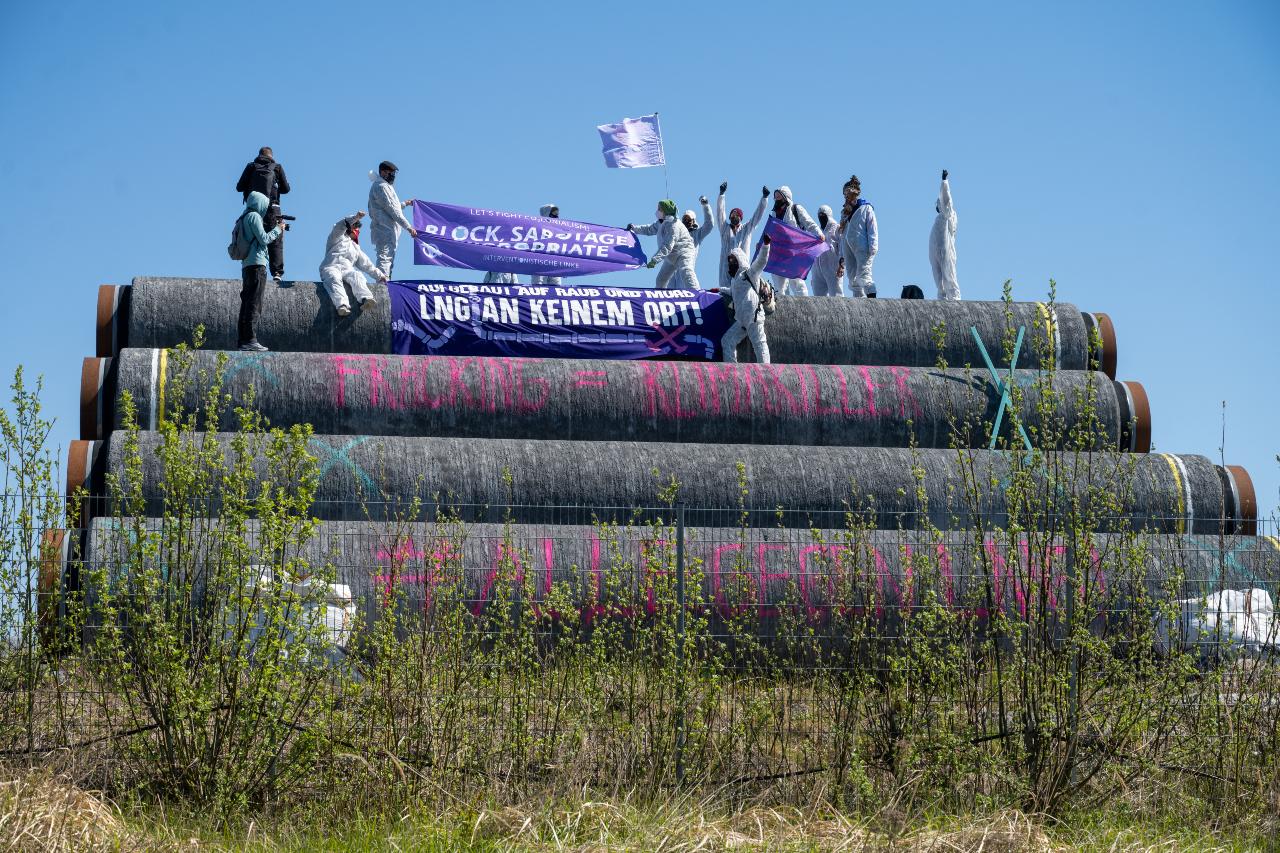
Last month, the Federal Prosecutor General launched an investigation into suspected sabotage that has delayed operations on a new LNG pipeline in Schleswig-Holstein.
Germany-based direct action group, Ende Gelände, has previously demonstrated against the pipeline but doesn’t claim responsibility for the sabotage.
Ende Gelände spokeswoman Jule Fink told The Local that the group considers Germany’s plans to build new LNG facilities a climate crime, and suggests the idea that gas can act as a bridge to renewables, as has been suggested by certain political leaders, is a lie.
“I think we’re now in a climate emergency where we need to act extremely urgently,” Fink said. “So it’s super important that we have actions where people are blocking fossil infrastructure…like in the coal mines, or at the LNG terminals in the north of Germany.”

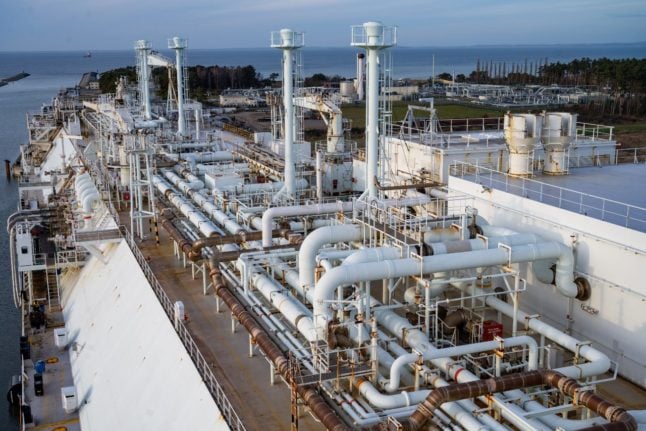
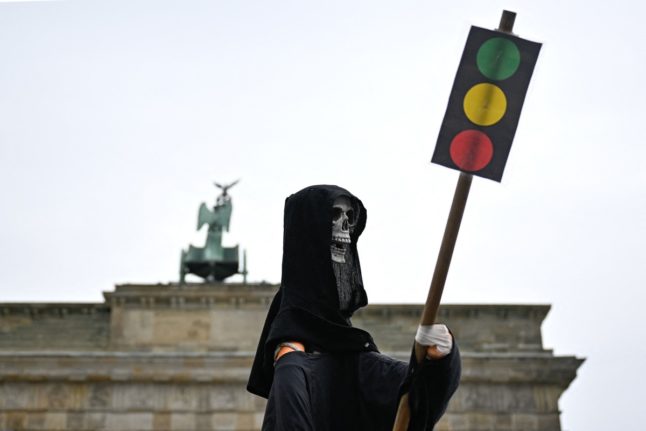
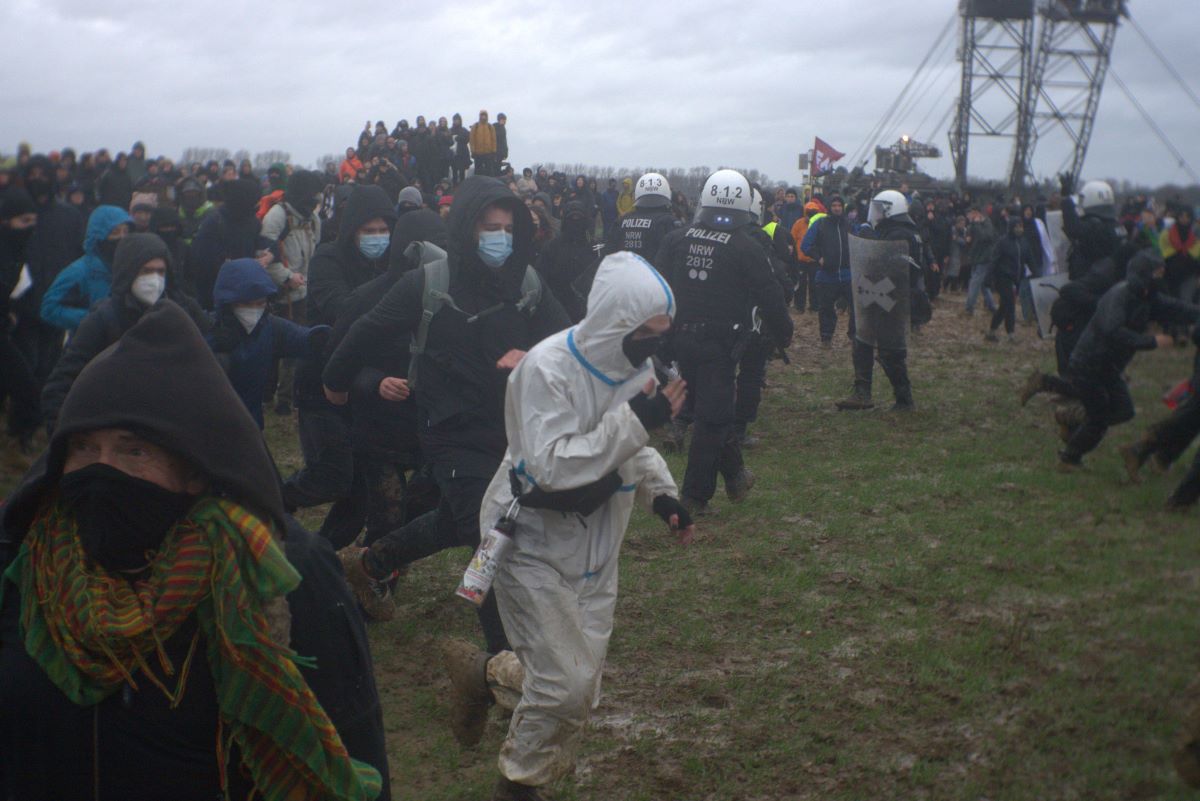
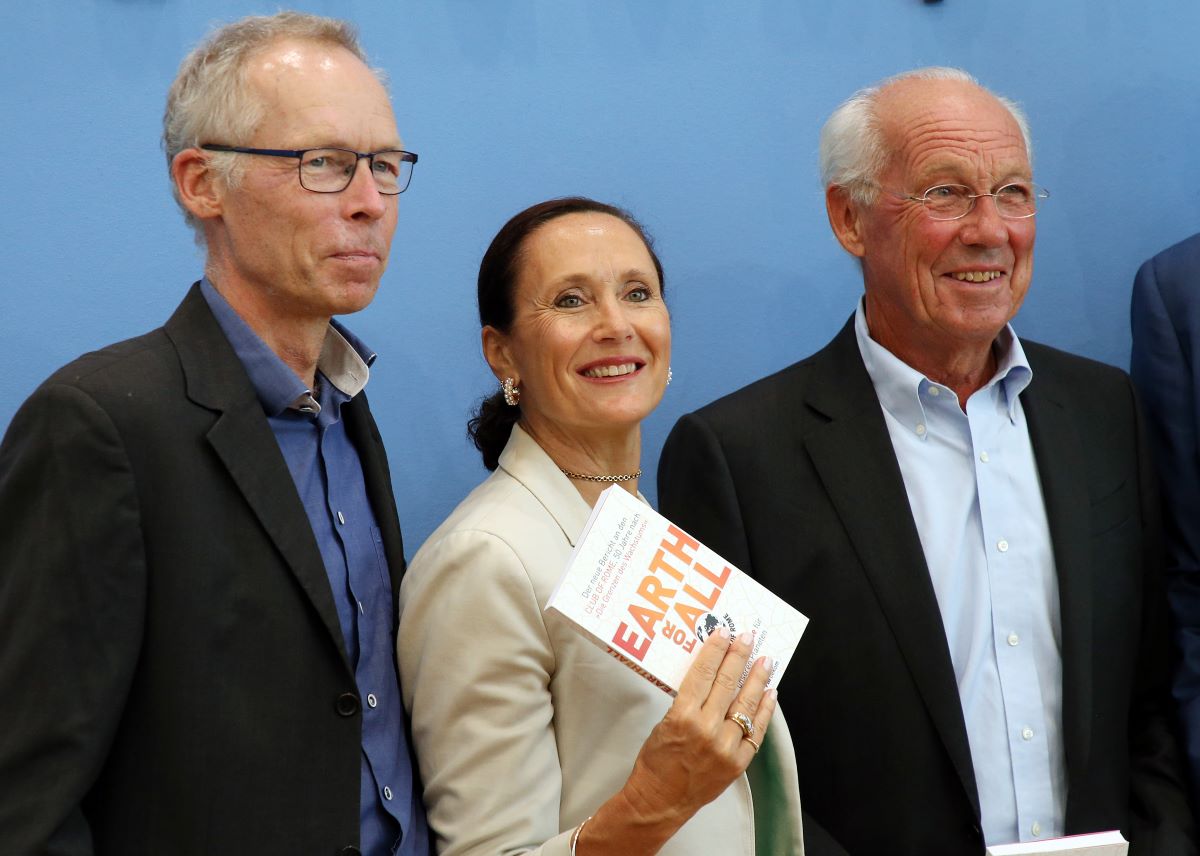
 Please whitelist us to continue reading.
Please whitelist us to continue reading.
Member comments